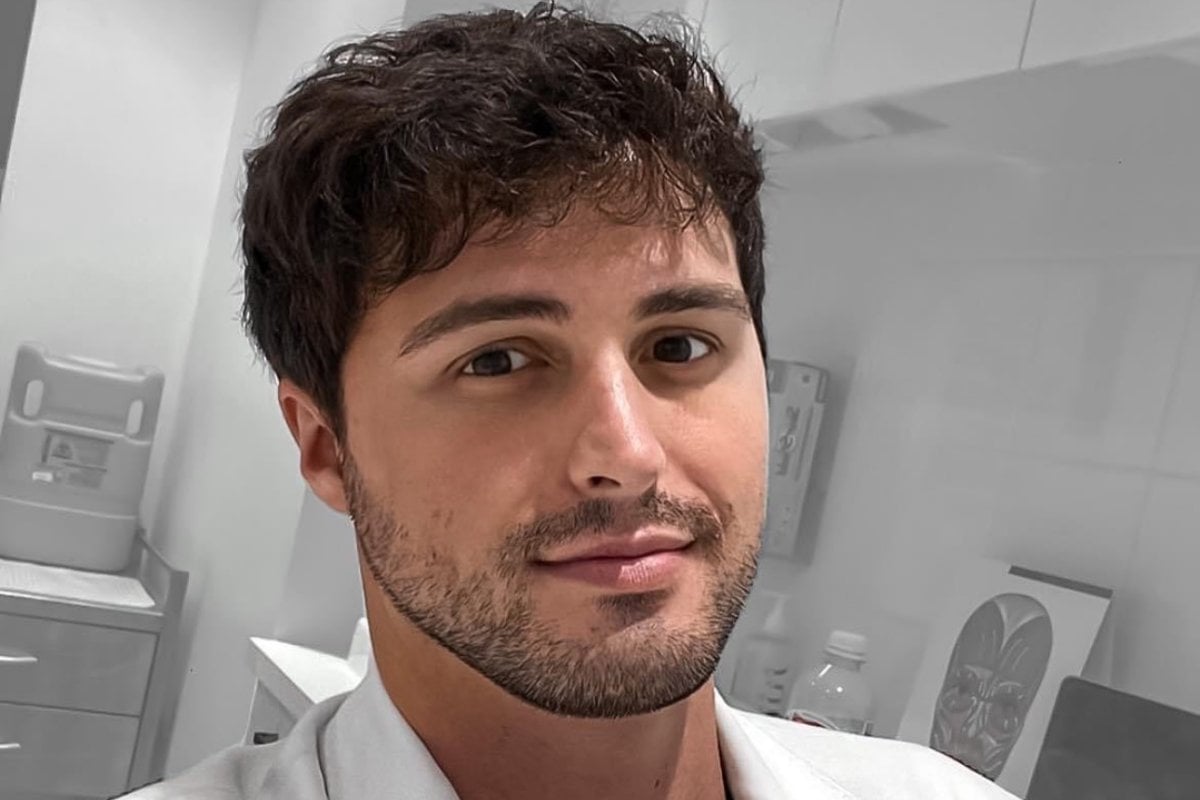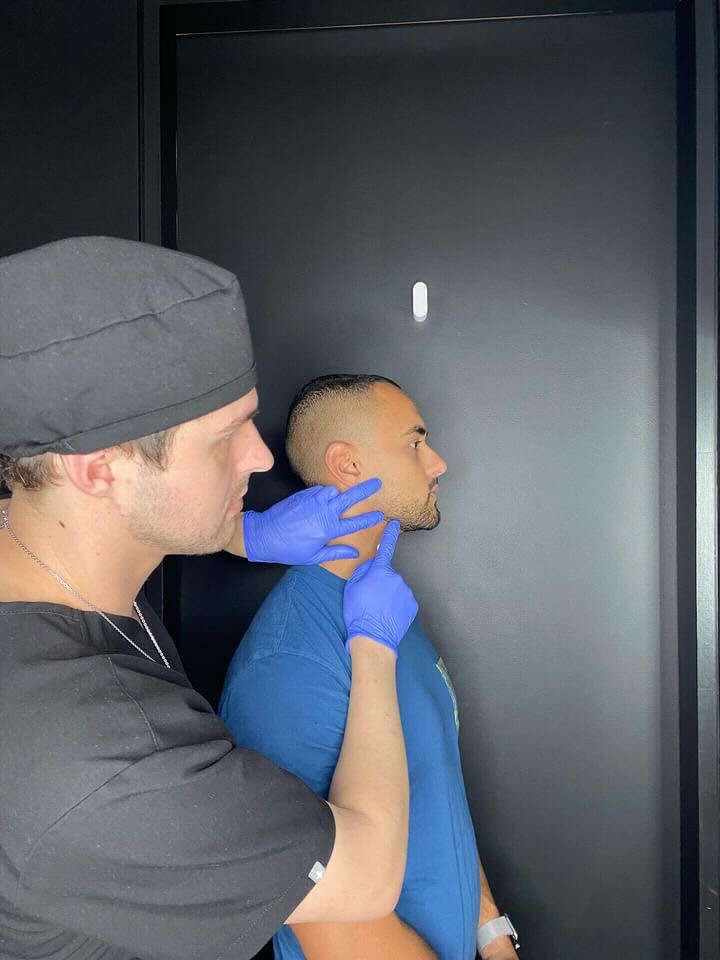
In 2017, cosmetic procedures became a billion-dollar industry.
Advances in technology have made it so these kinds of surgeries are safer, less invasive and less costly than ever before. And for those behind the needle, many feel it's an industry dedicated to helping women and men enhance what they already have.
This is the case for cosmetic nurse and founder of Aesthetic Support Andre Ferreira.
Ferreira has almost a decade of experience in the medical industry — first with a stint in pharmacy; then with a transition into nursing, where worked in critical care and neuroscience; and finally, a move to become a cosmetic nurse, where he found his passion for transforming faces.
Watch: I asked "The Doll Maker" what she'd do to my face. Post continues after video.
Interestingly enough, the career pivot was born out of his own insecurity.
"Patients don't treat you well in nursing — especially the department I worked, which was neuroscience, where patients who have suffered physical, cognitive or psychological conditions usually come," he explains to Mamamia.
